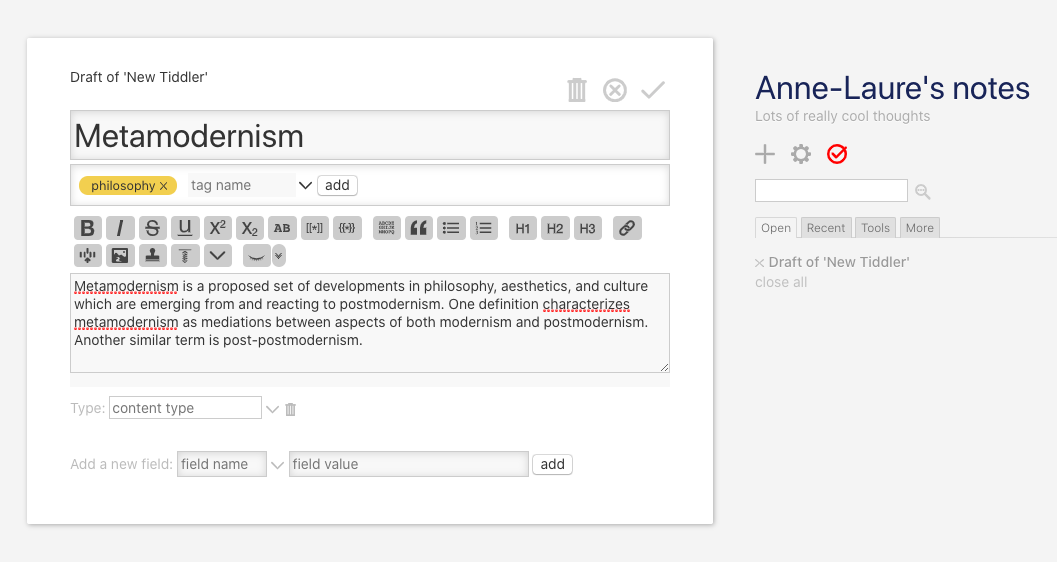
Keith McGowan: Art and Heresy: How can I become a heretic?
Originally haíresis simply meant something like ‘choice’, from αἱρέω hairéō ‘to select, prefer or choose’. The Ancient Greek word didn’t have any particularly negative connotations, and you’d have heard it in the marketplace, at an election, or used to describe a school of thought or belief. It was only with the rapid spread of Christian literature that ‘heretic’ began to take on its polemical meaning: ‘people who have made a bad choice’. It was used by those Christians who considered themselves orthodox (‘right-thinking’) to attack others who had chosen a different path. This shift in meaning hardened, and exercising ‘choice’ in faith or lifestyle became an increasingly perilous move. That’s also what makes early heretics so culturally intriguing.
Heresy was only in the mind of the persecutor. In 'The Violence of Orthodoxy' (2008) Averil Cameron writes: 'to describe oneself as a heretic is in essence a logical contradiction'. Although the caricature of the malign, lurking heretic may have been largely a nightmare in orthodoxy's imagination, nonetheless the people demonised for practicing their right to 'choose' were very real. These same descriptions of 'heresy' can help fill in the void left by 'choicey' minority social groups and persecuted people whose authentic voice is often scraped and scoured from the written record, not only historically but also in much modern scholarship.






















